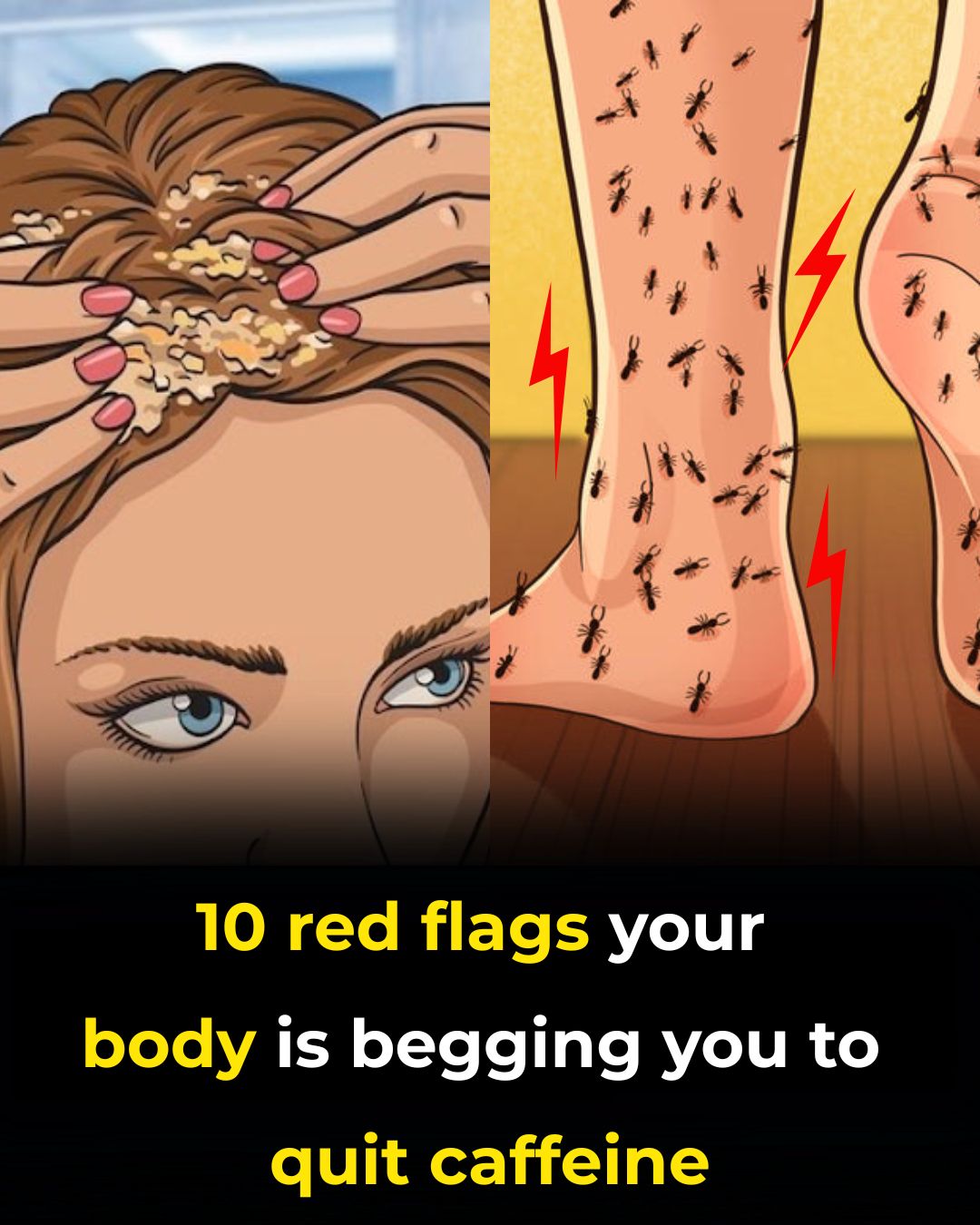Caffeine might seem like your go-to source of energy, but for some people, it can do more harm than good. That morning cup of coffee may help you stay alert, yet it can also trigger a range of unexpected symptoms. If you’ve been feeling “off” lately and can’t pinpoint why, your caffeine habit could be quietly affecting your body. Many people don’t realize they have caffeine intolerance until the signs become impossible to ignore.
Disclaimer: This article is for informational purposes only and should not be taken as medical advice. Always consult your doctor or a qualified healthcare professional if you have health concerns or persistent symptoms.
1. Headaches
Caffeine affects the blood vessels in your brain by causing them to constrict. When your caffeine levels drop, these vessels suddenly expand again, triggering pain that can lead to headaches or even full-blown migraines. Regular coffee drinkers often experience withdrawal headaches when they skip their usual dose.
Additionally, caffeine acts as a diuretic—it makes you lose water more quickly. This mild dehydration is another common culprit behind throbbing headaches. If you find yourself reaching for painkillers more often, it might be time to look at your coffee intake.
2. Dry, Flaky Scalp
The dehydrating effects of caffeine extend beyond your internal systems—they can also impact your scalp. A lack of moisture may lead to flakiness, itchiness, or dull-looking hair. You might notice your hair feeling brittle or less voluminous than usual. Since healthy hair starts with a healthy scalp, try cutting back on caffeine and increasing your water or electrolyte intake to restore balance.
3. Restless Legs
If your legs feel jittery, tingly, or restless after drinking coffee—especially in the evening—caffeine could be overstimulating your nervous system. This happens because caffeine blocks adenosine, a chemical that helps your body relax and prepare for sleep.
Since caffeine can stay in your system for up to 8–12 hours, that innocent afternoon latte might be the reason you’re tossing and turning at night. Switching to herbal tea or decaf after lunch could make a noticeable difference.
